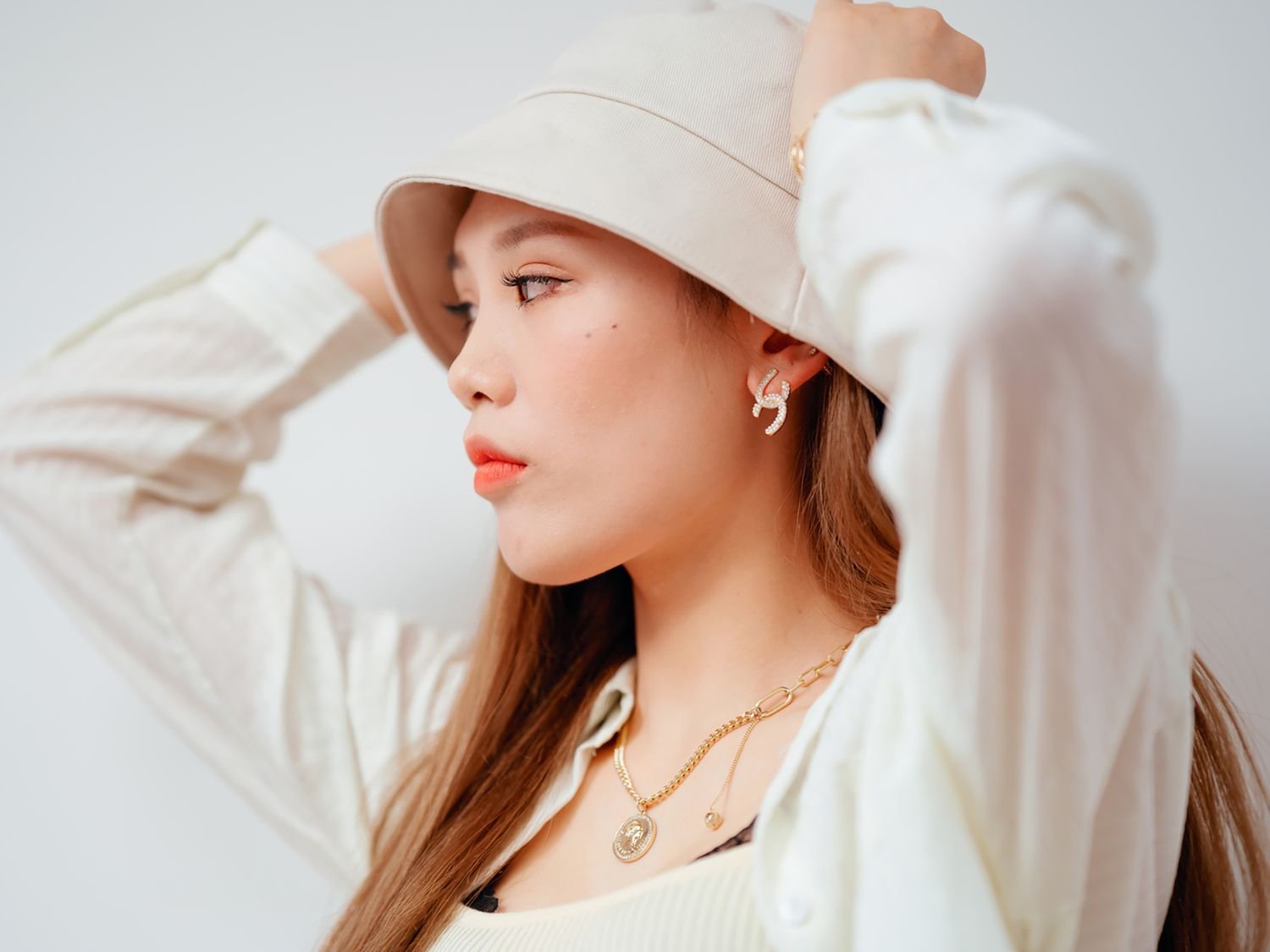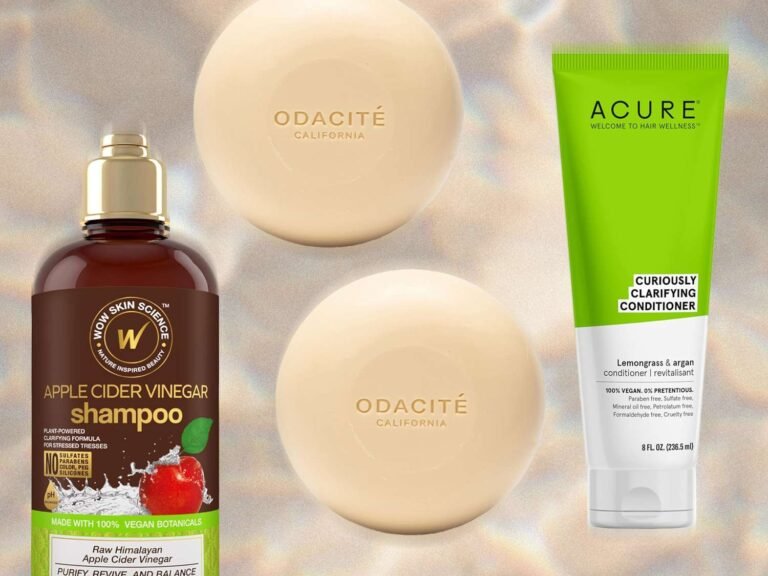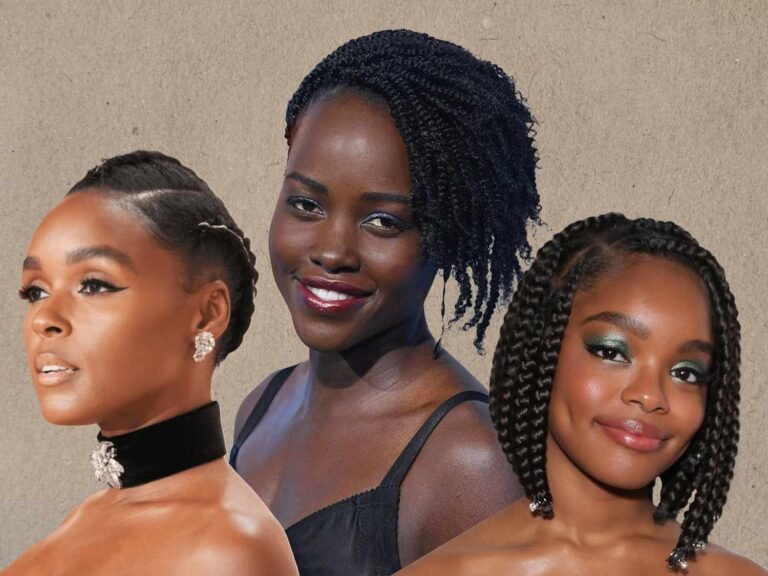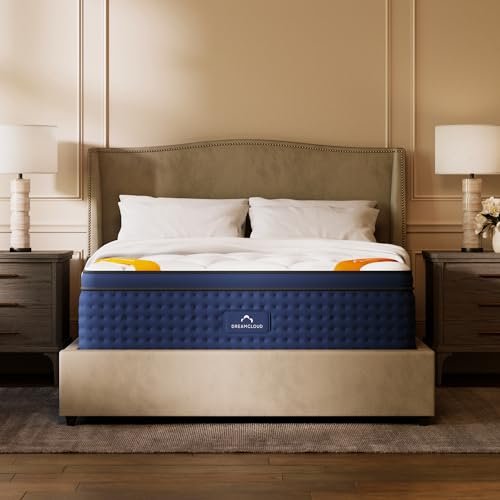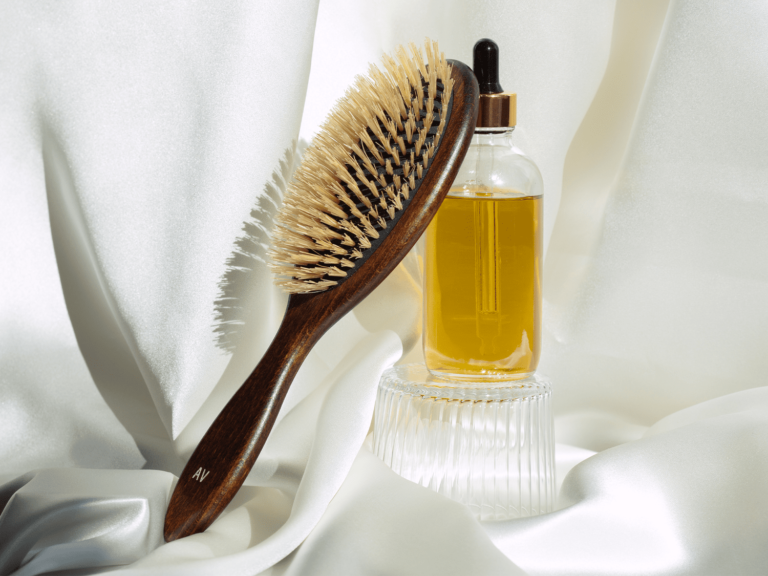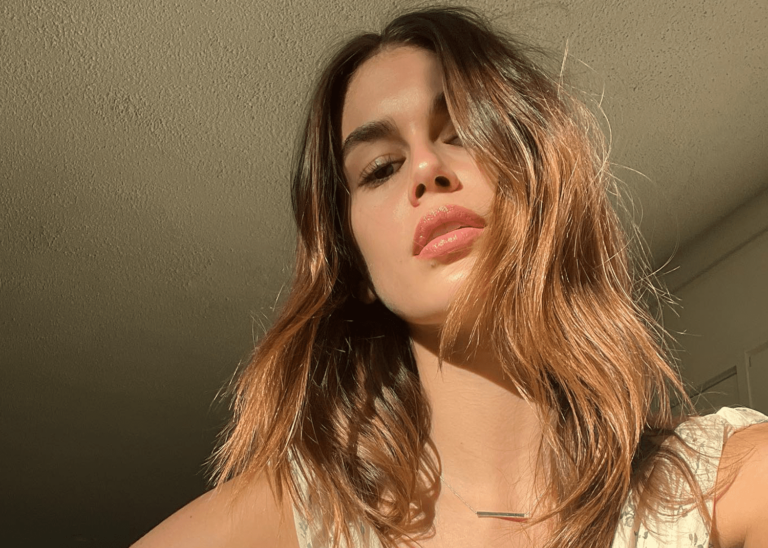Can Hats Really Cause Hair Loss? Get the Facts Now!
Wearing a hat can actually protect against hair loss, by shielding your hair from harsh UV rays. Unless worn tightly, hats don’t cause hair loss.
Hats serve as a defense shield against the damaging effects of UV rays, protecting the hair’s structure and preventing potential hair loss. However, tight-fitting hats may lead to traction alopecia. It’s important to address the myths and misconceptions surrounding hat-wearing and its impact on hair health.
Let’s delve deeper into the facts and dispel the misconceptions about hats and their relationship with hair loss or damage. Understanding the effects of wearing hats on hair health can help make informed decisions and alleviate concerns about potential hair-related issues associated with hat-wearing.

Credit: www.instagram.com
Exploring The Relationship Between Hats And Hair Loss
Hats do not directly cause hair loss. In fact, they can protect against it by shielding the hair from UV rays. However, wearing extremely tight hats could lead to gradual hair loss from tension or pulling. Additionally, hats can create a humid environment, potentially leading to scalp issues like dandruff.
Debunking The Myth
Despite common belief, wearing hats does not directly cause hair loss. In reality, hats can serve as a protective barrier that shields the hair from harmful external elements, such as UV rays, which can weaken hair structure over time.
Protective Role Of Hats
Wearing hats can actually help prevent hair loss by providing a layer of defense against environmental stressors. Unless hats are worn excessively tight, leading to discomfort, there is no significant risk of hair damage. In most cases, hats do not cause hair loss or scalp issues.
Scientific Perspective On Hats And Hair Damage
Wearing a hat can actually protect hair by shielding it from harmful UV rays, which can weaken hair structure. Unless worn very tightly, hats typically do not cause hair loss or damage. So rock that hat confidently—it’s unlikely to be the culprit behind hair issues.
Research On Hair Loss And Hats
Studies have explored the possible connection between wearing hats and hair loss. One such study published in the Journal of the American Academy of Dermatology found no significant correlation between hat wearing and hair loss. This scientific research implies that hats do not directly contribute to hair loss.
Impact Of Hat Wear On Hair Health
When it comes to the impact of hats on hair health, the general consensus is that hats do not cause damage under normal conditions. In fact, hats can act as a protective barrier against harmful UV rays, which can otherwise lead to hair degradation. However, it’s important to note that excessively tight hats can lead to traction alopecia, a condition characterized by gradual hair loss due to constant pulling force on the hair follicles.
Understanding The Factors Influencing Hair Health
Protect your hair by wearing hats to shield it from harmful UV rays, avoiding potential hair damage. While tight hats may lead to breakage over time, they do not typically cause hair loss. Keep your hair healthy and stylish by choosing hats that fit comfortably.
Tension And Hair Loss
When it comes to hair health, various factors can impact its condition, including tension. Tension on the hair can lead to breakage and even hair loss over time. It is essential to understand the effects of tension to prevent any potential damage.
Effect Of Tight Hats On Hair
If you consistently wear hats that are extremely tight, it could potentially cause hair loss or damage. Tight hats can apply constant friction and pressure on the scalp, which may lead to conditions like traction alopecia. This gradual hair loss results from the continuous pulling force applied to the hair or damage to hair follicles.
However, it is crucial to note that wearing hats in general does not directly cause hair loss. In fact, hats can provide protection against hair loss by shielding the hair from harmful UV rays, which can degrade its structure. So, unless you wear a hat so tight that it feels painful or uncomfortable, there is no need to worry about hats causing hair loss.
Moreover, it’s worth mentioning that hat-wearing can create a warm and humid environment on the scalp. This moisture buildup, along with the warmth, can be a breeding ground for microbes like Malassezia globosa, potentially leading to dandruff flare-ups. However, this is more likely to occur if hats are worn frequently and for extended periods.
In conclusion, while tight hats and prolonged hat-wearing can have negative effects on hair health, it is not the act of wearing a hat itself that causes hair loss or damage. By being mindful of the fit and duration of hat usage, you can still enjoy the benefits of hat-wearing while maintaining healthy hair.

Credit: www.amazon.com
Common Misconceptions About Hats And Hair Loss
Contrary to popular belief, wearing hats does not cause hair loss or damage. In fact, hats can actually protect your hair from harmful UV rays. Unless you wear extremely tight hats that cause discomfort or pain, there is no need to worry about hats causing hair problems.
Association Between Hardhats And Balding
Hardhats are often associated with certain professions, such as construction workers or industrial workers. However, it is important to clarify that wearing a hardhat itself does not directly cause hair loss. While constant friction and pressure on the scalp from wearing a hardhat for extended periods may contribute to conditions like traction alopecia, it is not the sole cause of balding. Traction alopecia is a gradual hair loss that can result from the continuous pulling force applied to the hair or damage to hair follicles due to the tightness of the hardhat.Debilitating Effects Of Friction And Pressure
Friction and pressure, whether from wearing tight hats, headbands, or helmets like hardhats, can potentially lead to hair damage or hair loss. When the hair is consistently pulled or strained, it can weaken the hair shaft and eventually cause breakage. Moreover, the tightness of hats or helmets can restrict blood circulation to the scalp, which in turn may negatively impact hair growth. Therefore, it is essential to ensure that hats or helmets fit properly and are not excessively tight, as this can prevent unnecessary pressure or friction on the scalp and hair follicles. In summary, it is crucial to debunk the common misconception that hats, including hardhats, directly cause hair loss. While prolonged friction, pressure, and lack of ventilation may contribute to certain scalp conditions like traction alopecia, it is the result of continuous strain and damage to the hair and hair follicles, rather than the hat itself. It is essential to wear hats that fit properly and avoid tightness to maintain healthy hair and scalp. So go ahead and rock your favorite hat without worrying about losing your beautiful hair.Addressing Scalp Health Concerns Related To Hat Wear
Many people have concerns about wearing hats and the potential negative effects on their scalp health. In this section, we will address some common scalp problems arising from hat usage and discuss the impact of moisture build-up on hair and scalp.
Scalp Problems Arising From Hat Usage
While wearing a hat may not directly cause hair loss, it can lead to certain scalp problems if not properly managed. One of the main issues is restricted airflow, as hats can trap heat and moisture close to the scalp.
This warm and humid environment creates the perfect conditions for microbes like Malassezia globosa to thrive, which can lead to dandruff flare-ups. Additionally, the continuous friction and pressure on the scalp from wearing a hat too tightly can contribute to conditions like traction alopecia, causing gradual hair loss over time.
Impact Of Moisture Build-up On Hair And Scalp
When you wear a hat, any moisture from your scalp, such as sweat, can become trapped. This moisture build-up, combined with the lack of ventilation, can have negative effects on both your hair and scalp.
Excessive moisture can weaken the hair strands, making them more prone to breakage. It can also create an imbalance in the scalp’s natural pH levels, leading to scalp irritation, itchiness, and even bacterial or fungal infections.
To avoid these issues, it is important to ensure proper scalp hygiene when wearing hats. Regularly cleanse and moisturize your scalp to prevent the accumulation of sweat and oil. Opt for hats made from breathable materials like cotton or natural fibers to allow for better airflow and minimize moisture build-up.
It’s also essential to choose hats that fit properly without exerting excessive pressure on your scalp. Avoid wearing hats for extended periods and give your scalp breaks to breathe.
In conclusion, while hats do not directly cause hair loss, they can contribute to scalp problems if not managed correctly. By understanding the potential issues and taking appropriate measures to maintain scalp health, you can continue to enjoy wearing hats without adverse effects on your hair and scalp.

Credit: www.amazon.com
Preventive Measures For Maintaining Healthy Hair While Wearing Hats
Preventive Measures for Maintaining Healthy Hair While Wearing Hats
Choosing The Right Hat Fit
Hats that are too tight can cause unnecessary pressure on your hair follicles, potentially leading to damage.
Ventilation And Hair Health
A well-ventilated hat allows air circulation, preventing moisture buildup which can result in scalp issues like dandruff.
Expert Advice On Hat Usage And Hair Care
Expert Advice on Hat Usage and Hair Care
Advice From Dermatologists
Hats can protect your hair from UV rays, preventing hair damage. Ensure your hat isn’t too tight to avoid any discomfort.
Ensuring Optimal Hair Care With Hat Usage
- Avoid hats that are excessively tight to prevent hair breakage or loss over time.
- Keep your scalp clean and dry to avoid any microbial growth due to trapped moisture.
- Rotate your hat styles and materials to prevent constant pressure on the scalp.
- Regularly wash your hats to maintain scalp health and prevent dandruff flare-ups.
Conclusion: Finding A Balance Between Style And Hair Health
IntroductionConclusion: Finding a Balance Between Style and Hair Health
Dispelling Fear of Hair Loss Due to Hats
Contrary to popular belief, wearing a hat does not directly cause hair loss. In fact, when worn properly, hats can act as a protective barrier against environmental stressors, such as UV rays and harsh weather conditions, which can contribute to hair damage or loss. However, improper hat practices, such as wearing overly tight headgear or constant friction, can lead to potential hair issues. Therefore, it is essential to adopt better hat practices to maintain both style and hair health.
Dispelling Fear Of Hair Loss Due To Hats
It’s a common misconception that wearing hats causes hair loss. However, scientific evidence suggests otherwise. Habitual use of appropriately fitting hats doesn’t lead to hair loss. Instead, hats can shield the scalp from detrimental UV rays, helping maintain hair health.
Tips For Better Hat Practices
Whether you’re donning a baseball cap or a stylish fedora, it’s crucial to ensure that your hat fits comfortably without exerting excessive pressure on the scalp. Additionally, regular cleaning of hats can prevent the build-up of moisture and microbes, reducing the risk of scalp issues. Lastly, varying your hairstyle and avoiding prolonged hat use can minimize the risk of hair damage.
Frequently Asked Questions
Do Hats Really Make You Lose Hair?
Wearing hats doesn’t cause hair loss. In fact, they can protect against it by shielding hair from UV rays. Unless hats are worn very tightly, they won’t cause hair damage or dandruff. However, consistent use of extremely tight hats may lead to traction alopecia over time.
Can You Damage Your Hair By Wearing A Hat?
Wearing hats usually won’t damage your hair, and can even protect it from UV rays. Only extremely tight hats may cause hair loss over time from continuous pulling.
Can Wearing A Hat Cause Scalp Problems?
Wearing a hat doesn’t directly cause scalp problems. However, wearing tight hats can trap moisture, leading to dandruff flare-ups from microbial growth.
Do Hardhats Cause Balding?
Wearing hard hats does not directly cause balding, but constant pressure and lack of ventilation may lead to conditions like traction alopecia, resulting in gradual hair loss from repetitive pulling or damage to hair follicles. However, hats can protect against hair loss by shielding hair from UV rays.
Conclusion
Wearing hats is generally not a cause of hair loss or damage. In fact, hats can offer protection against UV rays, which can be harmful to hair. It’s essential to ensure hats are not excessively tight to avoid any potential scalp issues, but in most cases, hats are not a concern for hair health.


